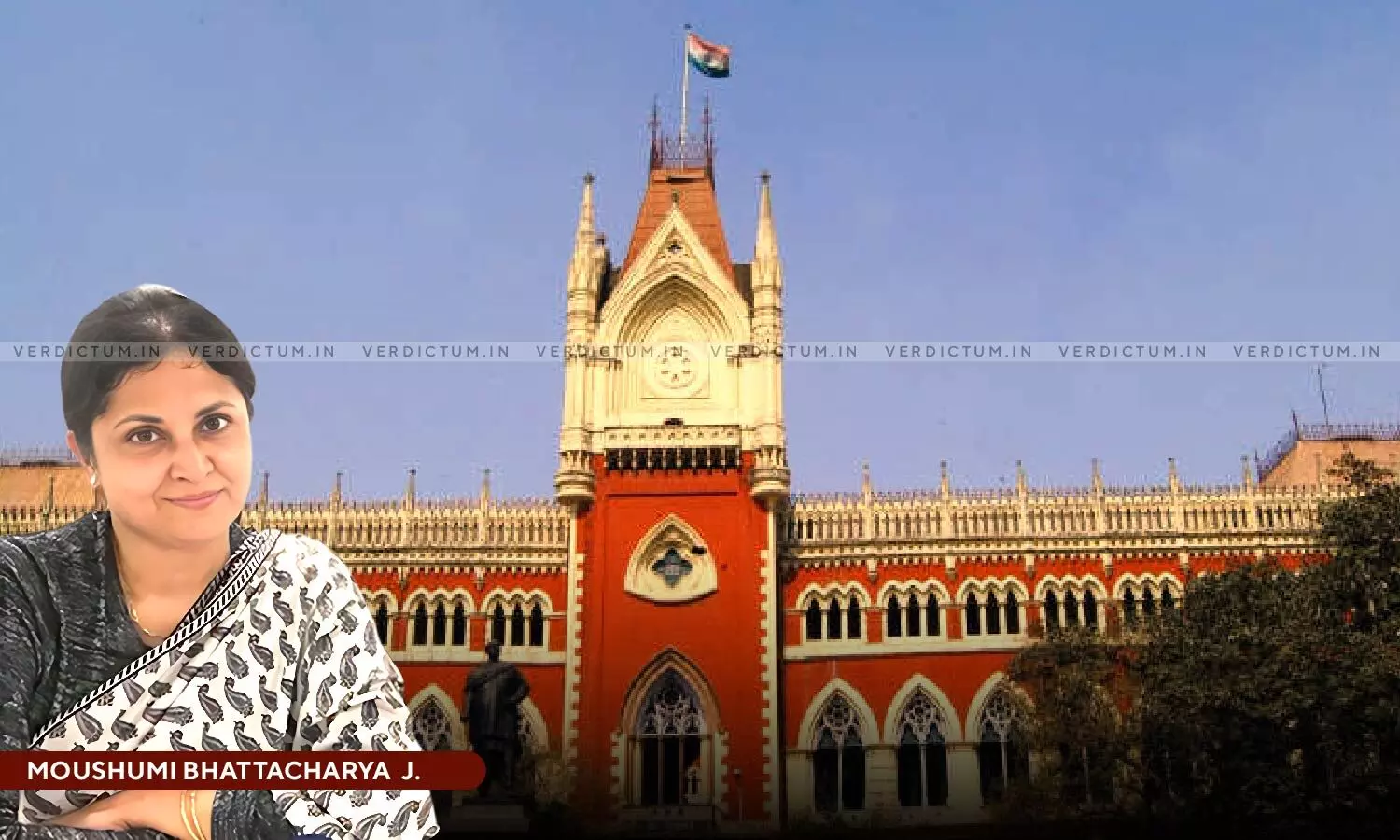
Article 215 Can Be Invoked By High Court To Review Its Judgment, Order XLVII Rule 1 Doesn't Fetter Plenary Powers To Maintain Review: Calcutta High Court
 |
|While deciding on the maintainability of the application which was primarily based on the distinction between review and recall of an order and the necessity of conforming to the conditions under Order XLVII Rule 1 of CPC which stipulates the threshold benchmark for allowing a review application to go through the gates, the Calcutta High Court ruled that Article 215 of the Constitution declares High Courts to be Courts of records, and therefore, the High Courts are invested with inherent powers to correct the records.
The term “Courts of records” does not simply mean keepers of records but that the High Courts have an obligation, indeed a duly, to maintain correct records within its jurisdiction in accordance with the law, added the High Court.
A Single Judge Bench of Justice Moushumi Bhattacharya observed that “Article 215 can be invoked for exercising the power to review the judgment passed by this Court on 26th June, 2023. The High Court, in exercise of its plenary powers, cannot be fettered by the limitations of the 1996 Act in respect of review or be hemmed-in by the strictures of Order XLVII Rule 1 of The Code of Civil Procedure at the stage of allowing the application to enter through the gates”.
Advocate Suddhasatva Banerjee appeared for the Petitioner, whereas Advocate Soumabho Ghose appeared for the Respondent.
The brief background of the case was that the application has been filed for review of a judgment dated June 26, 2023, whereby an application for appointment of an arbitrator under section 11 of the Arbitration and Conciliation Act, 1996, was allowed by appointing a former judge of the Court to act as the Sole Arbitrator. This was opposed by the respondent (review applicant) on the ground that the review applicant has discovered new and important evidence which was not within his knowledge and could not be produced at the time of delivery of the judgment despite due diligence.
The respondent therefore pleaded that the applicant cannot seek review of the judgment as the 1996 Act does not contain any provisions for review of orders passed by a Court under the Act including under section 11 of the said Act.
After considering the submission, the Bench referred to the decision in the case of M.M Thomas v. State of Kerala [(2000) 1 SCC 666], wherein the Apex Court held that the High Court is a Court of records as envisaged under Article 215 of the Constitution and therefore has inherent powers to correct the records.
The Bench further referred to the case of Municipal Corporation of Greater Mumbai v. Pratibha Industries Limited [(2019) 3 SCC 203], in which the Apex Court declared that there is nothing in Article 226 to preclude the High Court from exercising the power of review which inheres in every Court of plenary jurisdiction in order to prevent miscarriage of justice or to correct grave and palpable errors committed by it.
The Bench therefore upheld the maintainability of the application for review of the earlier judgment, and concluded that the power to correct orders, including where there is an apparent error on the face of the record, falls within the plenary powers of the High Court as a Court of record.
Cause Title: Radha Bhattad v. Rashmi Cement Limited
Click here to read/download the Order